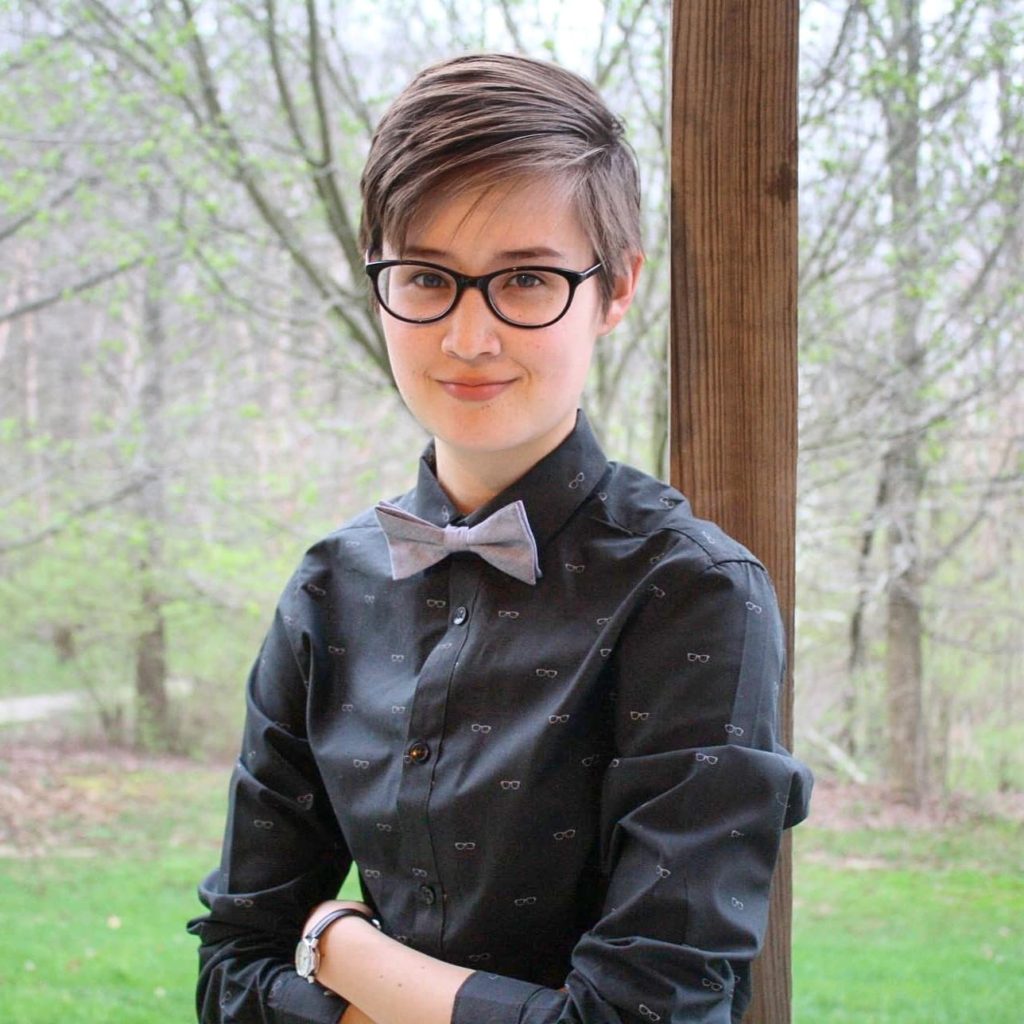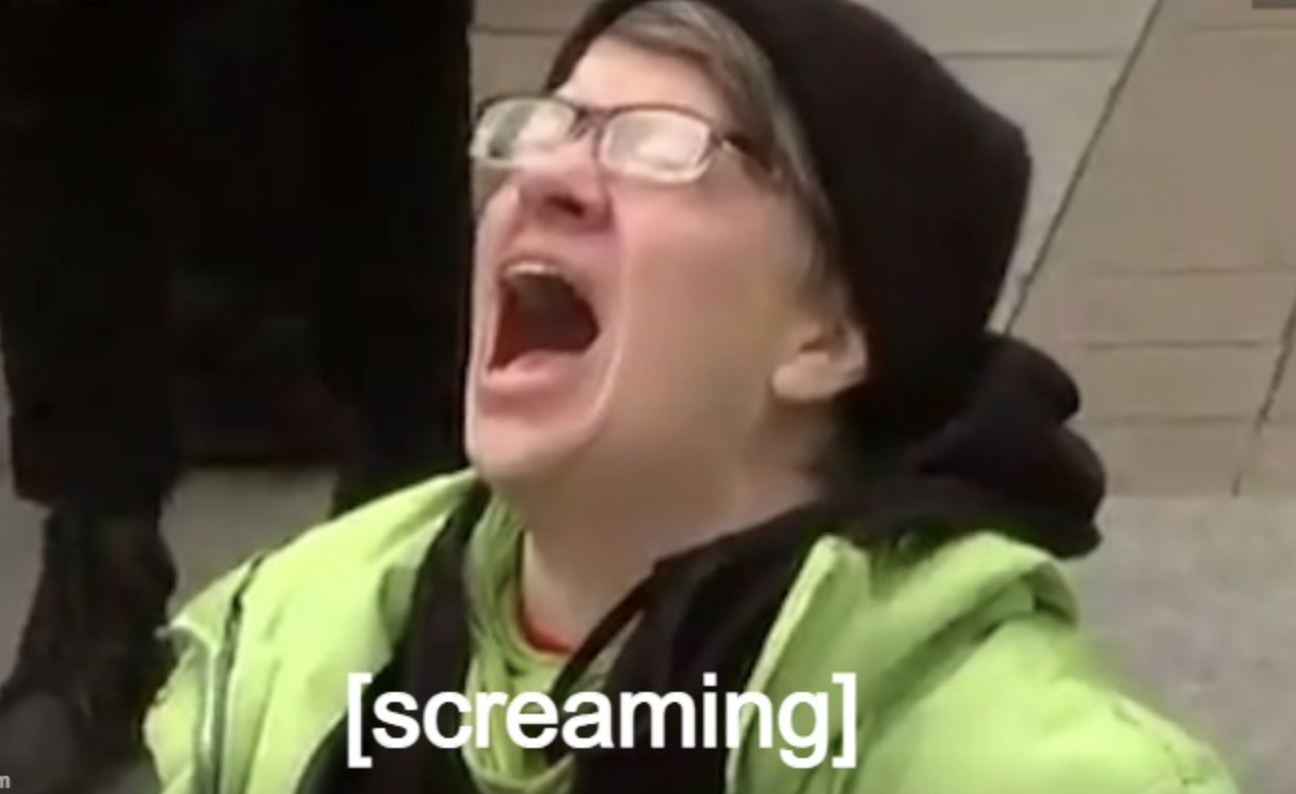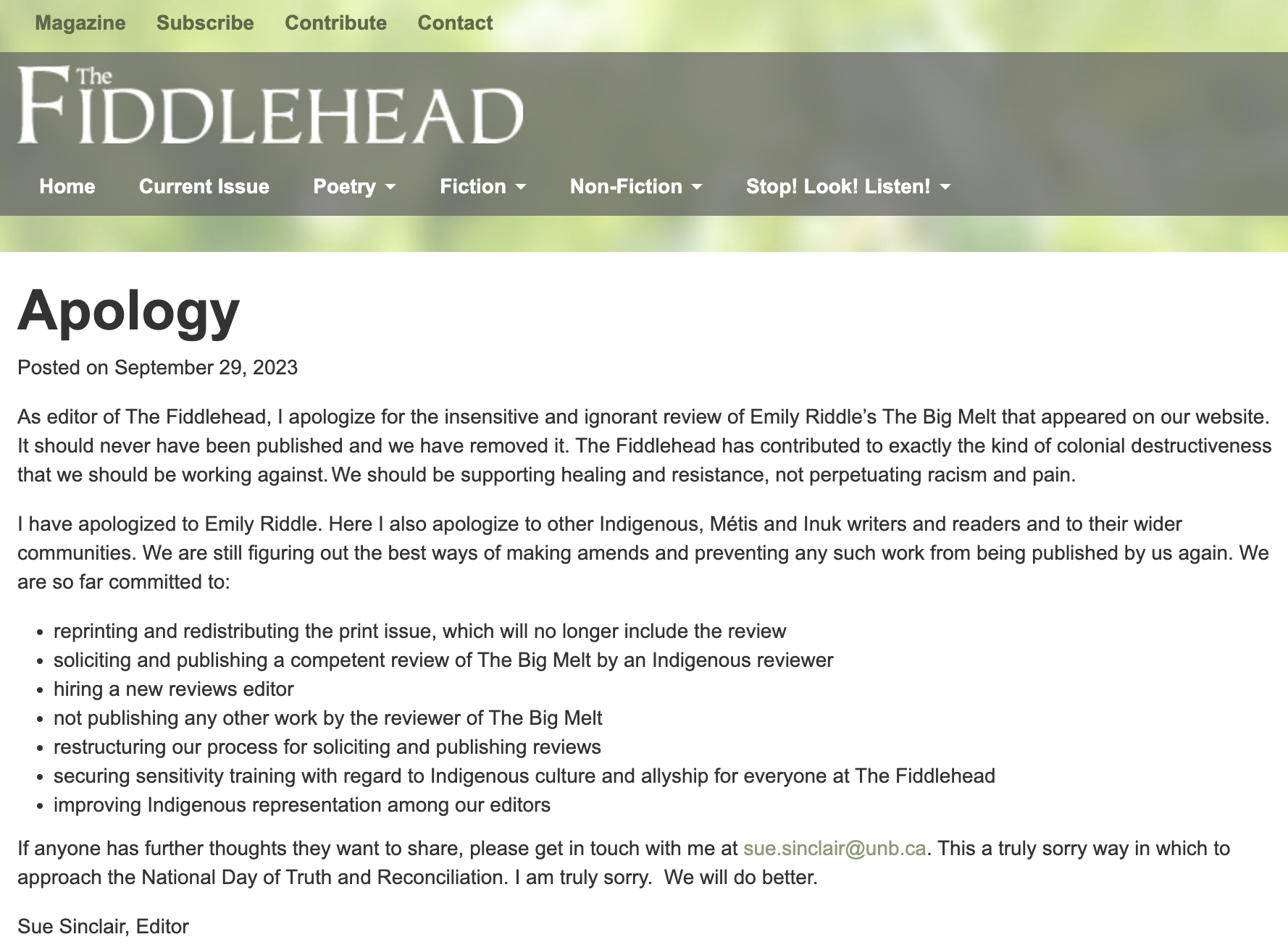Tessa Yang’s fiction has appeared in The Cincinnati Review, Foglifter, Joyland, and elsewhere. Her debut story collection, The Runaway Restaurant, is forthcoming with 7.13 Books in 2022. She lives in upstate New York where she teaches creative writing and is at work on a novel. Find her online at www.tessayang.com, or on Twitter @ThePtessadactyl.
If there’s a species that should hold a grudge against humans, it’s sharks. We drag 100 million of them to the surface, fin them, and then dump them overboard. I suppose we’re lucky they’re not into revenge and don’t like how we taste. I believe we’re uneasy with apex predators because we don’t like being reminded that we can also be food. We like to think we own this place, but it’s not always true, not in every situation. Explain your shark love. Do you enjoy being terrified by them? Are they fun to hate? Or do you just flat out love them?
Initially, I think I found sharks appealing for the same reason people find horror movies appealing. I was terrified of them and I liked watching that fear play out in various media while I got to stay safe and dry at home. I read that book Soul Surfer in elementary school, about a girl who gets her arm ripped off by a tiger shark. I watched and re-watched the Shark Week episode 10 “Deadliest Sharks,” which Discovery Channel used to air every New Year’s Eve. At some point you wade past all the sensationalism and the truth starts to seep in. Sharks have been victims of a massive campaign of misrepresentation. They really are awesome to behold—and also, yes, a little terrifying with all those teeth—but their primary characteristic is that they’re vulnerable. They survived four mass extinction events, and then they met us: just the other day I was reading how shark and ray numbers have plunged 70% in the last fifty years. I would love for a future project to grapple with some of these issues—a fictional antidote to the fear mongering of Jaws and the like.
What did you learn about other writers from your time as editor of Indiana Review? Has it changed the way you submit your work?
Working on IR made me more respectful of the editorial process and less sensitive to rejection. I saw how frequently we had to pass on really strong pieces; the sheer number of submissions made it impossible to say yes as much as we wanted. Interviewing contributors, reading author bios, and coordinating ad exchanges with other publications also made me more conversant in the wider world of literary journals. I went from feeling baffled by the whole process to having a much clearer idea of the types of magazines that are out there and where my work could fit.
How is the novel going? Do you have a home for it when you’re done? Will you be working with an agent or trying on your own?
I’m just about done with draft 3. It’s undergone a lot of shape shifting since I started it in 2018, to the point where it’s really not the same book anymore. What it’s evolved into is a dual-timeline narrative about two teenagers and their mothers, and how they all became connected in a small town in Indiana, with a little bit of paranormal stuff thrown in. No home for it yet. I plan to pursue professional representation once it’s ready. I’ve been lucky to have formed a wonderful virtual writing group out of last year’s Tin House Workshop. I was nervous to receive feedback on a work-in-progress, but it’s been incredibly motivating. It gives me these little energy bursts when I’m feeling uninspired about the project.
In your PRISM international interview (57:1), you said you had written many stories and poems about sleep. Studies point to the importance of sleep and the terrible damage caused by sleep deprivation. Being busy, being slammed, is a badge of honour displaying our productiveness, desirability, and success. Getting enough sleep, daydreaming, and lost art of hanging out are important activities that get no respect. Where do you stand, sit, or lie down on all this?
Well, I do love sleep! I’ve had weeks-long bouts of insomnia. I know what sleeplessness can do to your mind and your body. Also, when I’m not well rested, writing is the first thing that gets tossed out the window. (Writing is always the first thing to go out the window, isn’t it?) So I’m very protective of my sleep time, to the extent that I can be. I’m the person ducking out of every event early because, hey, it’s bedtime! Gotta go! I’ve written a lot about sleeplessness and sleeping disorders because I’m interested in everyday spaces where our sense of reality is blurred. But I see no glamour in not sleeping. I managed to make it through all of college and grad school without pulling any of those infamous all-nighters, or even doing much work after dinner. I’m an early bird. My best writing happens between 6 and 7 in the morning.
The poetry world seems to have broken into two groups: poetry nerds and poetry rock stars. If you’re a nerd, you start publishing in small literary journals, do a few chapbooks, then maybe a book with a small literary press that sells 180 copies. Maybe you gain a small following by your third book? If you’re a rock star like Rupi, you get 3 million Insta followers to buy your book. Between these two groups, I don’t think there can be much agreement on the definition of good poetry. It appears to be accessible, emotion-based poems versus intellectually challenging puzzle poems. Or is it the snobbery of sales versus the snobbery of language? Is any crossover possible between these two groups?
I think some of the poets I teach in my Intro class—Ross Gay and Ada Limón are coming to mind right now—have managed to write work that is both emotionally complex and accessible. I’m also thinking about Amanda Gorman, whose books shot to the top of bestseller lists after her reading at Biden’s inauguration (and the books aren’t even published yet!) She strikes me as a rising poetry “rock star” while being completely separate from the whole Instapoetry movement.
The poetry world is smaller, so the squabbles seem louder, but fiction has its divisions, too: denser, more difficult novels vs. breezy beach reads, literary vs. genre, the second-class status of the short story collection—much of it dramatized by the differing missions of big publishers vs. small presses. I’m OK with there being room for everything. Different readers want different things, and a single reader’s tastes can evolve with time. For example, maybe Rupi’s the writer who sparks your interest in poetry, the one who demystifies the genre and has you thinking, Oh, maybe this could be for me! But dedicated readers and writers never stop at their initial influence. They let that spark carry them into other possibilities.
“What Do You Dream?” (PRISM international, 57:1) is packed with details that slowed this reader down and demanded a second and third reading. Grounding the story in the mundane, everyday aspects of a relationship render the surreal believable. Some weird fusion like the Marla-Neil beast does seem possible if a person spends enough time with someone else. Dream sharing might not be possible, but we become attuned to body language, predict responses, communicate a sentence with a glance, and develop a network of private jokes. On the other hand, how well can we ever know each other, despite all the work we’ve put in? I’m still surprised by people I’ve known for 30 years. Does your story suggest that we can achieve extreme intimacy and lonely disconnection in the same relationship?
When I started that story I just wanted to write about fun dream stuff. As I got a better sense of the characters, it became a more complicated exploration of how well you can ever really know someone else, and how much you’d want to. By sharing dreams, Neil gains a back door into his girlfriend’s mind, but it drives them apart. He has all these clues and he can’t piece them together. In some ways he’s trying too hard. I don’t write fiction with morals or messages in mind, but in hindsight I think “What Do You Dream?” is quietly advocating for a little mystery in relationships. It’s OK to not have the other person completely figured out.
I’ve always felt that dreams are more obvious for dream skeptics. Since I believe that dreams have meaning, my subconscious is often tricky or slippery, but for dream skeptics, the subconscious seems desperate to communicate with very basic symbolism, almost as if sending a blatant message in ALL CAPS. Are you in the “random response to electrical activity of the cortex” camp, or do you think something meaningful and important is going on when we dream? Should we all keep dream journals? What can we gain from this?
I’m somewhere in between “random” and “deep psychological meaning.” I’ve kept a dream journal on and off over the years. It reads like a weird, uncanny diary when I go back and look at it; I see traces of actual people and events, the classes I took, the places where I worked—all twisted and shot through with wishes, anxieties, and whatever I was reading or watching on TV. I don’t think dreams translate into good stories (as evidenced by the almost universal distaste for listening to someone describe theirs), but keeping a dream journal can still be a valuable writing exercise. It forces you to take a crystal-clear mental image, often one loaded with emotional subtext, and convert it into language another person could understand.
Wherever you land on the significance of dreams, there’s no doubt they’re a testament to our innate storytelling capacities. Our mind is basically incapable of taking a cascade of barely connected images and not converting it into narrative. I love the idea that some of us do our wildest storytelling while we’re sleeping!
Are you ready to share your big news?
Yes! My debut short story collection, The Runaway Restaurant, is forthcoming with 7.13 Books next year. No sharks in it (though there is a quick reference to “sea monsters”—you could use your imagination and picture something shark-like, I suppose). It includes “What Do You Dream?” and twelve other tales ranging from realism to magical realism to sci-fi. I’ll be posting updates to my website and social media as more information becomes available.





Another one of these great synergies between interviewer and interviewee.
Thanks, Mark. Tessa was fun to work with. A total pro. I’m looking forward to her first collection coming out next year.